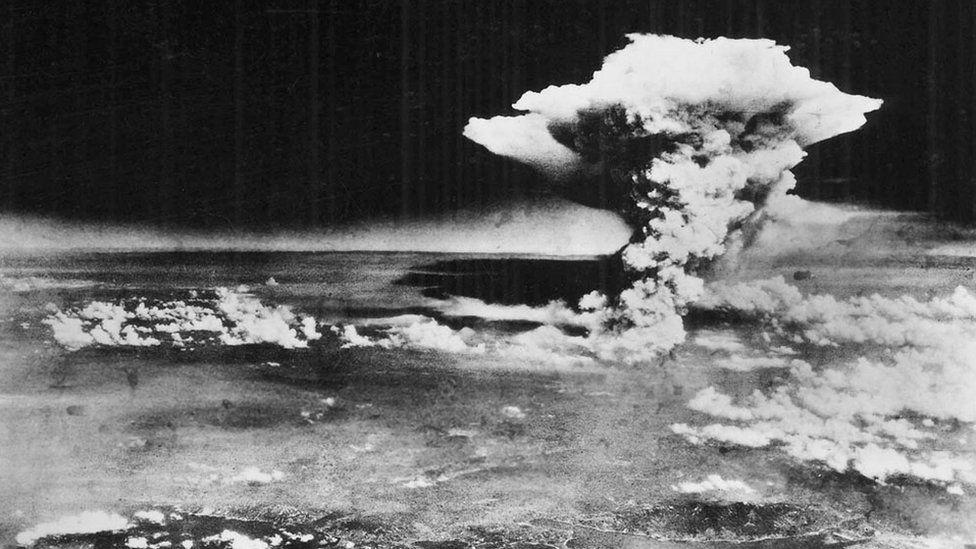Nagasaki Day: Commemorating a Tragic Milestone in History
Introduction
Nagasaki Day, observed annually on August 9th, holds a somber significance in global history. It marks the day when the Japanese city of Nagasaki was devastated by an atomic bomb during World War II. This day serves as a reminder of the immense destructive power of nuclear weapons and the need for lasting peace. Japan’s Nagasaki on Wednesday marked the 78th anniversary of the US atomic bombing.
The Bombing of Nagasaki: A Glimpse into History
Background of World War II: As World War II raged on, the United States, along with its allies, sought to end the conflict with Japan. The decision to use atomic bombs was driven by the desire to expedite Japan’s surrender and avoid a protracted, costly invasion.
The First Atomic Bomb: Hiroshima, another Japanese city, became the first target of an atomic bomb on August 6, 1945. The destruction caused by the bomb prompted global shock and horror, leading to calls for Japan’s surrender.
The Fateful Day: On August 9, 1945, a second atomic bomb, codenamed “Fat Man,” was dropped on Nagasaki. The bomb detonated above the city, causing widespread devastation and loss of life.
Devastation and Aftermath
Immediate Impact: The explosion obliterated large parts of Nagasaki, instantly killing tens of thousands of people. The intense heat and radiation unleashed by the bomb inflicted severe burns and injuries on survivors.
Long-Term Consequences: The survivors of the Nagasaki bombing, known as “hibakusha,” faced enduring health issues due to radiation exposure, including cancers, birth defects, and other ailments. The city itself suffered from extensive damage, leading to economic and social challenges.
Global Response and Calls for Peace
Worldwide Outrage: The bombings of Hiroshima and Nagasaki generated worldwide outrage and debate about the morality of using such devastating weapons. Many questioned the ethics of targeting civilian populations and the long-lasting environmental and human consequences.
The Path to Peace: The horrors of Nagasaki and Hiroshima played a significant role in shaping the post-war world order. Efforts to prevent further nuclear devastation culminated in the establishment of organizations such as the United Nations and initiatives to promote disarmament and non-proliferation.
Commemoration and Lessons for the Future
Remembering the Victims: Nagasaki Day serves as a solemn remembrance of the lives lost and the suffering endured by the people of Nagasaki. Memorial ceremonies, peace rallies, and artistic expressions pay tribute to the resilience and spirit of the survivors.
Advocating for Peace: In the face of global tensions and the persistent threat of nuclear conflict, Nagasaki Day underscores the importance of pursuing diplomatic solutions, dialogue, and disarmament. It urges nations to prioritize cooperation, understanding, and the pursuit of a world free from the specter of nuclear warfare.
Conclusion
Nagasaki Day stands as a poignant reminder of the catastrophic impact of nuclear weapons and the urgent need to prevent their use in the future. As the world reflects on the tragic events of August 9, 1945, it is a time to recommit to the pursuit of peace, unity, and the preservation of human lives. By learning from the past and advocating for a world without nuclear weapons, we honor the memory of the victims and work towards a brighter, safer future for all.



 Indian Olympic Medal Winners List Till N...
Indian Olympic Medal Winners List Till N...
 Who is the Inventor of the Gramophone?
Who is the Inventor of the Gramophone?
 HS Dhaliwal Appointed New DGP Of Andaman...
HS Dhaliwal Appointed New DGP Of Andaman...
